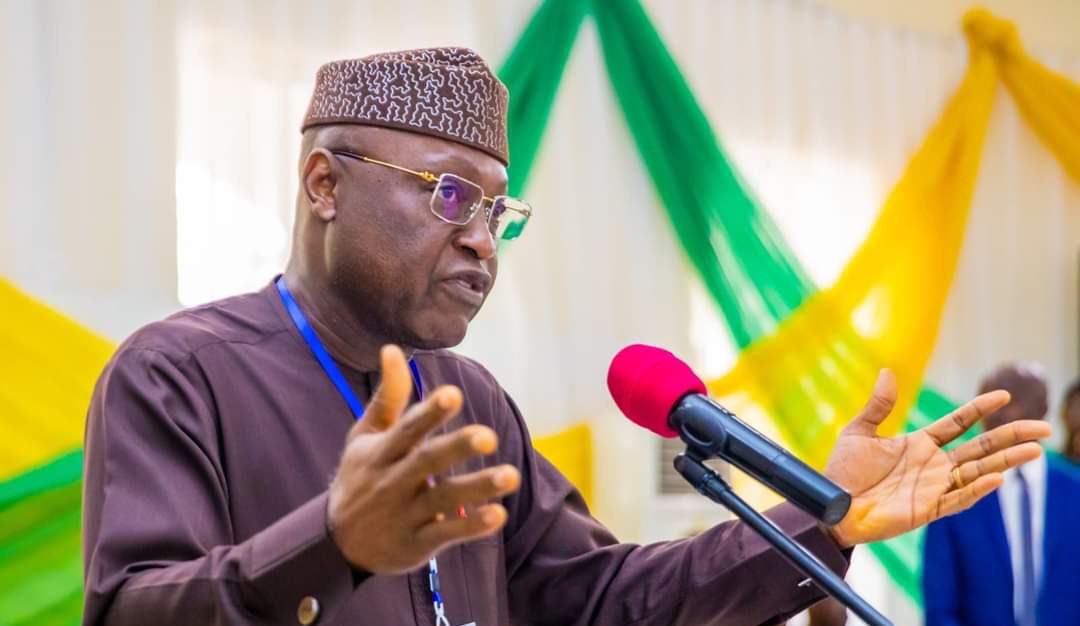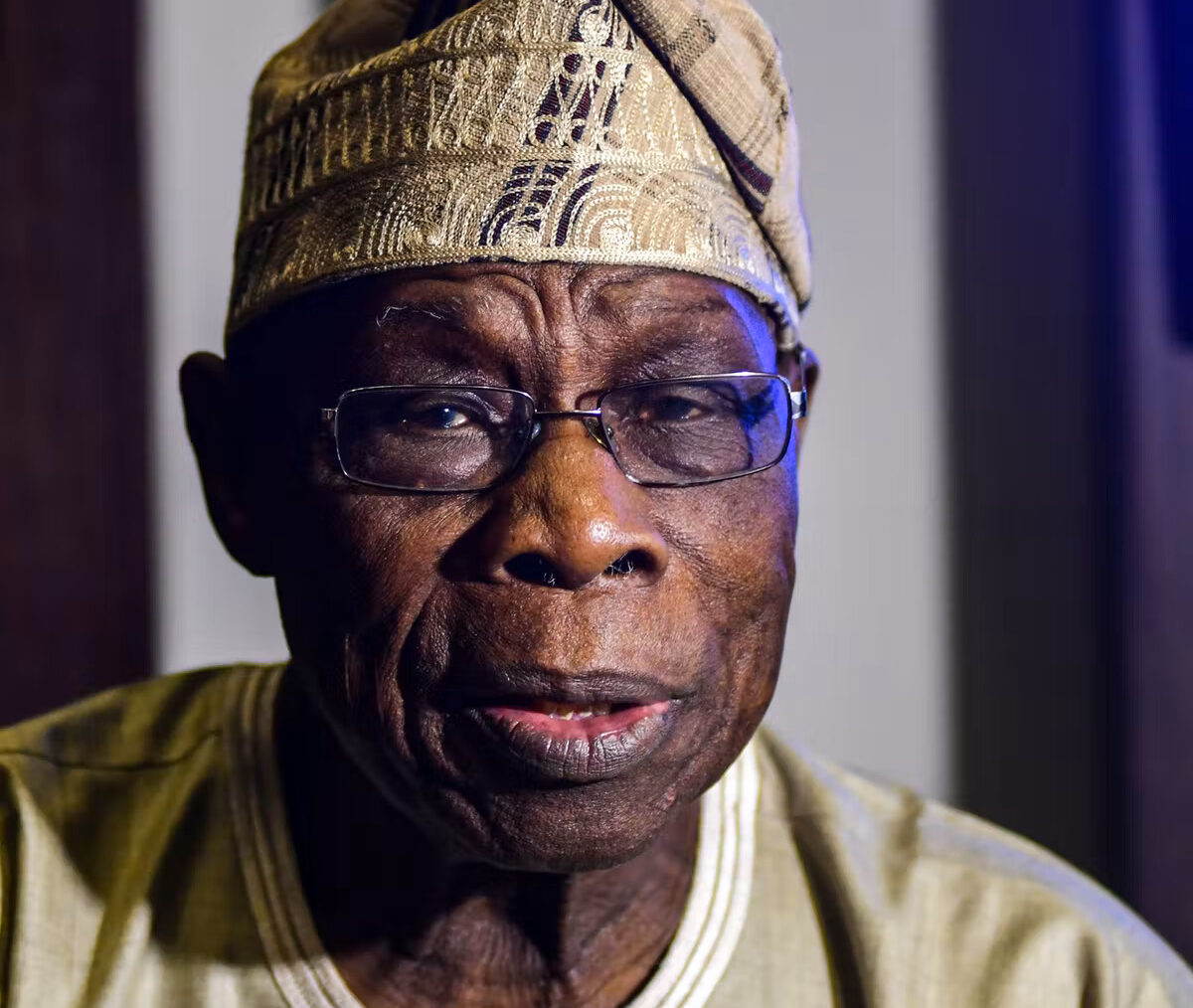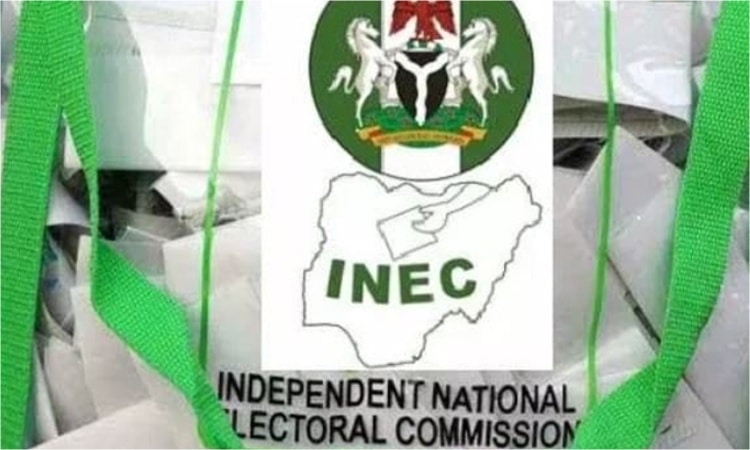The ongoing confusion about whether the Nigerian government is still paying subsidies for fuel despite President Bola Ahmed Tinubu’s declaration that the subsidy is gone has intensified calls for local refining. The high cost of fuel importation makes this issue more pressing than ever before.
As should be expected, there is a strong push to revitalize the nation’s moribund refineries in Kaduna, Warri, and Port Harcourt to stimulate economic activities, reduce the price of petroleum products, and ensure adequate supply across the country.
Nigerians initially believed that the government was genuinely struggling to refurbish its moribund refineries. However, the successful construction of a new refinery from scratch by Aliko Dangote has shattered that belief, exposing the government as being unserious about local refining.
Fundamentally, it is becoming increasingly clear that the government has been stalling on local refining to satisfy the interests of powerful individuals with stakes in the importation of refined petroleum products. Latest revelations from industry players like the President/Chief Executive of Dangote Group, Alhaji Aliko Dangote, has further lent credence to this assertion.
For instance, the 210,000-barrel-per-day Port Harcourt refinery remains non-operational despite numerous deadlines and promises. In March 2021, the government awarded a $1.5 billion contract for the refinery’s repair to Tecnimont SPA, an Italian company, to be completed in three phases over 18, 24, and 44 months. The project involved Italy’s Maire Tecnimont as a technical adviser and oil major Eni for technical advisory services.
The refinery, comprising two units with capacities of 60,000 and 150,000 barrels per day, was shut down in March 2019 for repairs.
Missed deadlines
Despite multiple missed deadlines, the Group Chief Executive Officer of NNPC Limited, Mele Kyari, stated on March 15, 2024, that the refinery would commence operations in about two weeks. He claimed that crude oil was already stocked in the refinery and regulatory compliance tests were underway. However, this was yet another unfulfilled promise. Earlier, Nigerians were told the refinery would start operations in December 2023, then July 2024, and later August. Minister Heineken Lokpobiri had sounded optimistic about the December 2023 deadline, yet nothing happened, and no apologies were offered.
The National Public Relations Officer of the Independent Marketers Association of Nigeria, Chief Ukadike Chinedu, according to media reports, also gave a deadline for the refinery’s operations by the end of July, which turned out to be false. Such repeated broken promises highlight a lack of seriousness and accountability among government officials and industry players.
The failure to operationalize the Port Harcourt refinery is part of a broader issue where all four government-owned refineries, with a combined capacity to process 450,000 barrels of crude per day, have been non-functional for years with Nigeria ironically relying on fuel imports and spending much on this to meet local petroleum needs despite having these refineries.
Rip-off?
The ongoing reliance on fuel importation appears to be a significant rip-off for the nation. Those benefiting from sustained importation seem to have little incentive to ensure the resuscitation of local refineries. Aliko Dangote recently alleged that some cabals within the NNPC have blending plants in Malta where they refine and import substandard fuel into Nigeria. Although both the NNPC and Oando, an indigenous oil firm, have denied these allegations, there is a need for a thorough investigation.
The House of Representatives appeared ready to probe these allegations when it constituted an ad hoc joint Downstream and Midstream Committee to conduct a forensic investigation into the oil and gas sector. However, reports of the committee’s dissolution emerged even before it commenced full work.
House spokesman Akin Rotimi stated that a new committee would be formed based on expertise, competence, and integrity as if to say those that made up the dissolved one lacked such attributes. Nevertheless, there are fears that the highly sensitive nature of the oil industry may have led to the old committee’s dissolution.
While awaiting the new committee, which may not yield significant results based on past experiences, the Ministry of Petroleum Resources and the nation’s oil company officials should set a final, credible deadline for the Port Harcourt refinery’s operations. Nigerians are tired of these endless, unmet deadlines without any accountability.
The Hunger Protest
The #EndBadGovernance protests were notably intense in the northern region of Nigeria, despite warnings and appeals from monarchs and clerics.
This intensity prompted state governments in Yobe, Kano, Kaduna, and other northern states to impose curfews, which have since been relaxed following the crisis’s de-escalation.
The protest’s intensity in the north, a region predominantly controlled by the ruling All Progressives Congress (APC), raises questions about the future of the party in the region.
The north has the highest number of poor people, who have been further impoverished by the current administration’s harsh economic policies. The region also has the highest number of out-of-school children and suffers the most from ongoing insecurity.
Factors such as insecurity, lack of access to education, and healthcare exacerbate high poverty levels in the north. The #EndBadGovernance protests underscore several lessons for the current administration.
They highlight the urgent need for action to address the severe socio-economic problems in the north, where a growing population of disaffected youths poses a significant threat to stability.

 3 months ago
140
3 months ago
140















 English (US) ·
English (US) ·